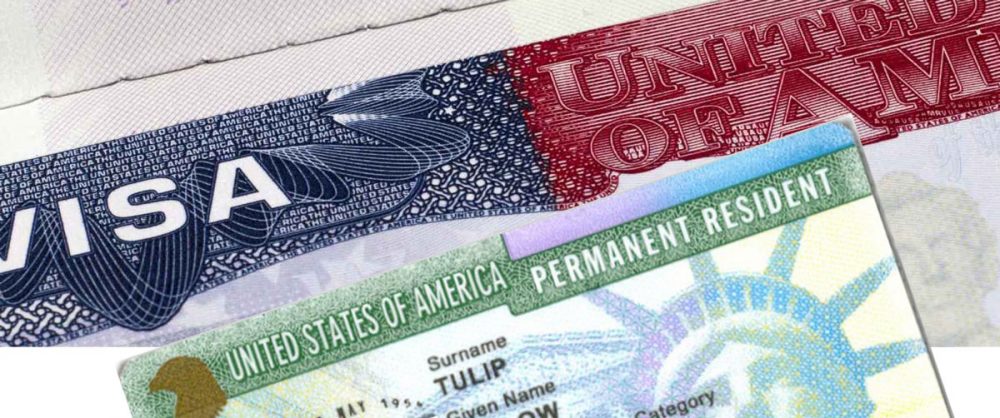The US Government has introduced a stricter requirements for E-2 visas issued through citizenship by investment programme.
As of Dec. 23, 2022, Section 101 (a)(15)(E) of the Immigration and Nationality Act (INA) was amended to define the eligibility criteria for E visas.
Individuals who obtained treaty country nationality through a financial investment, USCIS may require additional documentation to show that the applicant has been domiciled in the treaty country indicated in the application for a continuous period of at least 3 years at any point before applying for E-1 or E-2 classification. This also applies to spouse and children of any such alien if accompanying
In addition to this, USCIS may request additional documentation related to how the applicant obtained treaty country nationality to ensure compliance with the amended language.
According to State department, E-1 and E-2 visas may not be issued to a principal alien if he/she is a stateless resident. The spouse and children of an E-1 or E-2 principal alien are accorded derivative E-1 or E-2 status following the reciprocity schedule, including any reciprocity fees, of the principle alien’s country of nationality.
As of 2023, the following countries currently operate a CIP programme and also have E-2 visa treaty agreement with United States.
- Grenada,
- Turkey
- Montenegro
- North Macedonia (operational until end of 2022)
The rule change will affect all non-resident nationals of above countries who have remotely applied for citizenship by investment.





